Useful tips for Avila bus groups with ‘what to see’ and ‘what to do’ items and ‘bus- friendly’ or must see tourist sites in Avila. Check our list of attractions before planning your bus tour with a stop or departure in Avila. Let us know if your favourite attraction or ‘bus-stop’ is not there and you think we should add it to our list of Avila highlights.
Ávila is the capital of the province of the same name and is the highest in Spain at 1126 meters (3694 feet) above sea level, and belongs to the region of Castille-León. In 1985 Ávila was declared a World Heritage Site by UNESCO. The city has a glorious history, which you can easily tell by admiring its monuments, buildings, or wall.
Your trip with bus and minibus hire with driver in Avila, can start at important places such as Arévalo that was declared a historic and artistic landmark. Madrigal de las Altas Torres, the birth place of the Queen Isabel la Católica, Las Navas del Marqués and its Castle de Magalia, Barco de Ávila where the gothic church of Nuestra Señora de la Asunción stands out, the Castillo de Valdecorneja from the fourteenth century and the Puente Románic from the fourteenth century as well are all places that should be visited.
If you want to see archeological findings in the province of Vale, it is worth the time to organize a travel to Castro de Cogotas, one of the most important sites in Spain and Toros de Guisando with its stone sculptures that are of Celtic origin.
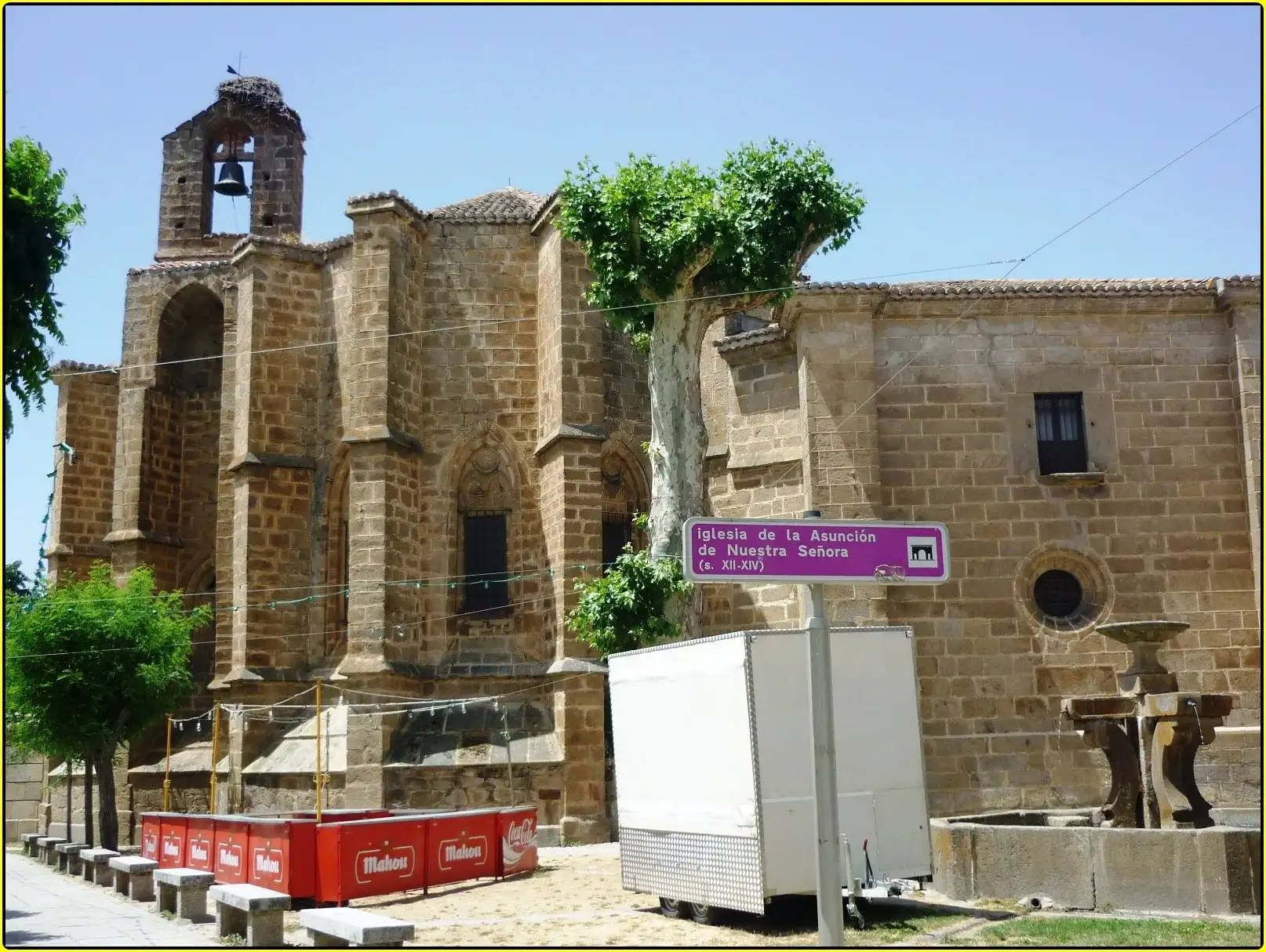
Finally there is Parque Regional de la Sierra de Gredos that is a good alternative for a trip for those who love nature.
In the center of the city there is Castillo de la Triste Condesa and Santuario de San Pedro de Alcántara.
The majority of castles will be found in the southern half of the province in the mountainous areas or those of the Central System (Sierra de Gredos) where the castle of Mombeltrán stands out because of its structures and location and because it rests on a hill. It is visible from great distances. Also you have the Iglesia de Santa María del Castillo in the Romanesque style from the end of the twelfth century and is located on a hill as well.
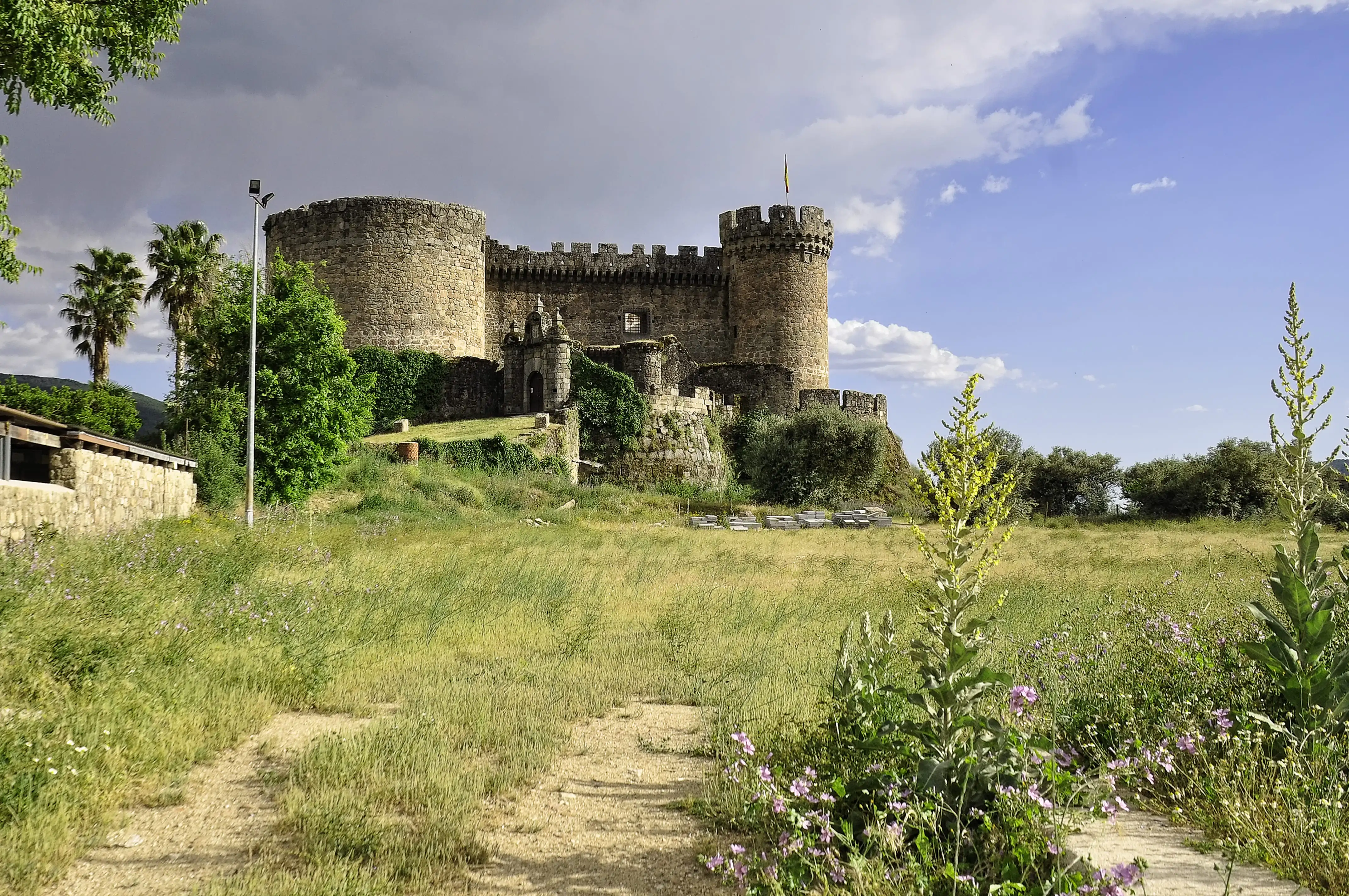
Do not forget a bus trip to some of the fortresses and walls in the areas of the north such as Arévalo and Moraña. There you can see the important Castillo de Arévalo whose construction took place from the fourteen to the sixteenth century. The imposing honor tower is the most outstanding piece in the castle where Pedro I, the cruel, imprisioned his spouse Blanca de Borbón.
Also, you can plan a guided trip to different bodegas to taste their wines, and walk outside. Some of these are Bodega Romero that makes Vinos de la Mancha or Bodega Garnacha Alto Alberche with their wine Tierra de León.
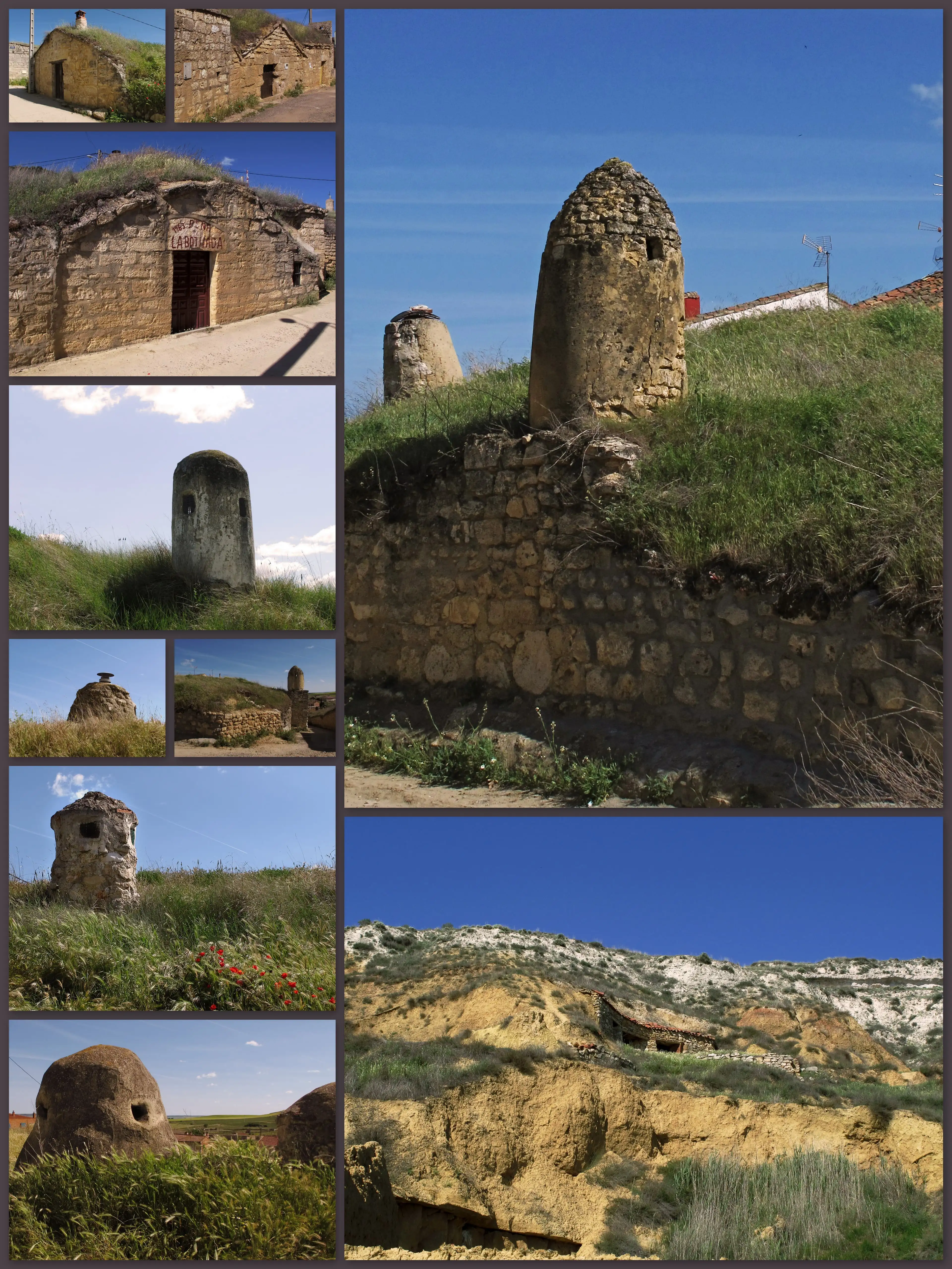
Food lovers can enjoy great cuisine in Asador Siboney in Arévalo, El Comercio in San Esteban del Valle or in Restaurante Florentino in Robledillo.
You can rent a bus for group in the city or in Avila Province. There’s a great variety of options for guided tours of Ávila, such as La Muralla de Ávila (The Ávila Wall), La Catedral del Salvador (The Saviour’s Cathedral), La Basílica de San Vicente (The Basilica of Saint Vincent), El Convento de la Santa, or El Monasterio de la Encarnación (The Monastery of the Incarnation). We also suggest taking a walk through LA RED DE JUDERIAS (THE JEWISH QUARTER), where you can visit El Jardín de Mosé de León (The Garden of Mosé de León) and La Puerta de la Malaventura (The Gates of Calamity), the ancient Sinagoga de Don Samuel (Synagogue of Don Samuel) in La Plaza del Pocillo (Pocillo Plaza).
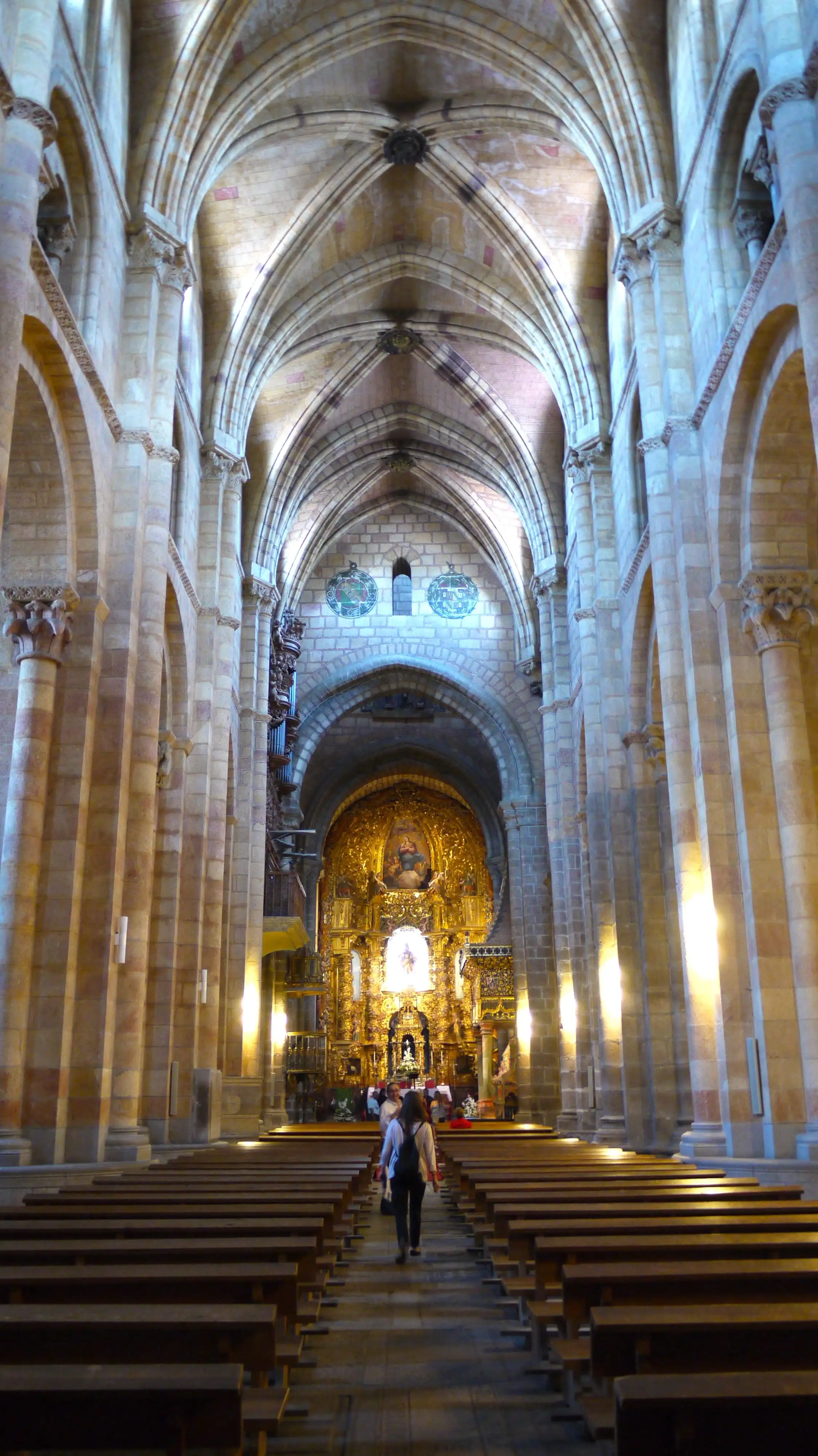
There are various BTT (all terrain-bike) and MTB (mountain-bike) routes that you can take to ride a rental bike on or just to go around and get to know the city. There are a number of places that rent bicycles, such as Luis Panadero Villasur, Bicicletas Gallego, Bicicletas Salinero, or Bicicletas Miguel, where tourists can rent a bike and undertake an adventure through the city or along one of the BTT or MTB routes.
Avila offers a wide variety of unique tourist attractions, but we recommend that you start at the city wall. This medieval wall forms a two-and-a-half kilometer (one-and-a-half mile) perimeter that includes almost 2,500 merlons (the tooth-like protrusions on the battlements), about a hundred towers, six doors, and three gates.
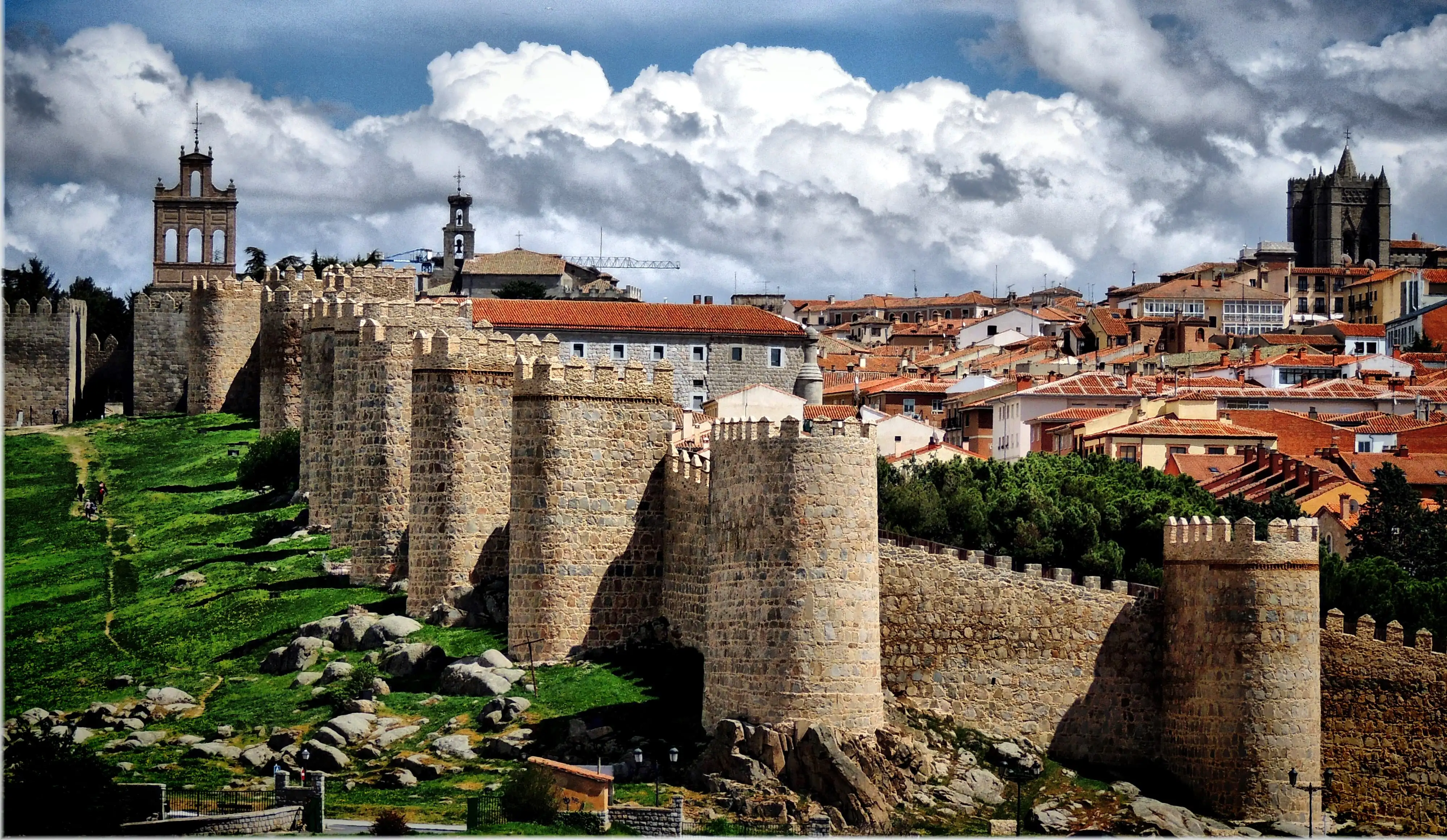
The Avila Museum (el Museo de Avila) is another place that we recommend visiting; since 1969 it has been located in LA CASA DE LOS DEANES, a sixteenth century palace. We also recommend a trip to the Romanesque church SANTO TOMÉ EL VIEJO, where you can admire unique archeological relics from different periods of history.
This is a glacier circle in the central area of the north slope of the Sierra de Gredos. Located some 40 miles (60km) from the city of Avila it offers a family bus travel to the high mountain where you have the view of Laguna Grande. Continuing on highway PR-AV17 that will take you to the parking lot on the plattform, you can take hikes and long walks.
This is a glacial deposit from the Cinco Lagunas and is ideal for a 3 day hiking and trekking tour.
This is another place where you can have a 3 day guided trekking tour.
We suggest that you do not forget a travel to Madrigal de las Altas Torres, one of the most important towns in La Moraña.
For golf-lovers we recommend a trip to Complejo Naturávila on the Fresnillo estate just 3 km (2 miles) from the city, which features an excellent golf course as well as facilities for practicing other sports such as horseback riding, padel tennis, or normal tennis, to name just a few.
Youngsters might like to take a microbus hire with driver to organize a group trip to some of the many night clubs that the city has to offer, such as Discoteca Dolce Vita on la Avenida de Madrid, Andevamos.com on calle de las Banderas de Castilla, or Looker Hard Dance Club on calle de Segovia.
If you want to rent a bus for an excursion or trip that originates or terminates in Ávila, we suggest including these stops in your itinerary:
A symbol of the city, this monument is located outside the city walls and consists of four columns and a cross. From this point you can get the best panoramic view of the city and its walls.
Situated in the middle of downtown and the city’s historic district, this trail has been declared a World Heritage Site by UNESCO. From this trail you can see Walking Park (Parque del Rastro) and The Museum of Saint Theresa of Jesus (el Museo de Santa Teresa de Jesús). Also, various events are held here throughout the year, such as the Craft Fair (Feria de Artesanía) and the Ceramics Fair (Feria del Barro).
This is first alternative flamenco festival to take place in Ávila. The backdrop for this event is the illuminated Arenas de San Pedro castle, where there’s some space for camping.
On San Segundo Street, this exquisite location has a terrace that you can enjoy. It offers a varied Avilanian menu as well as toast and sandwhiches.
Is the name of the city’s historic district. Many experts consider it to be the one of the best-preserved medieval walled cities in the world; its wall is the best-preserved wall in all of Spain. It originates from the eleventh and twelfth centuries.
NoneWould you like to organize a bus tour to see all these beautiful highlights? Request quotes and compare the different bus and coach hire companies: